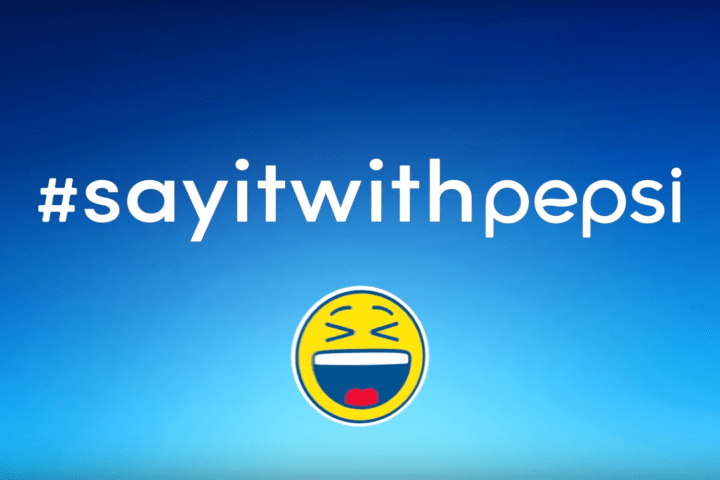
Over the last few years, there has been a major push by companies in the U.S. to communicate with customers using their own unique hashtags. Almost every company that has an online marketing strategy has adopted these slogans for the digital age. Only some are more protective of their hashtags than others, treating them like any other intellectual property, reports the Wall Street Journal.
In 2015 alone, a total of 1,398 hashtag trademark applications were filed across the globe, according to new research from Thomson Reuters CompuMark. The numbers have seen a massive increase since 2010, when just seven companies applied to trademark hashtags.
As of 2015, the U.S. is the leading country in terms of hashtag applications with 1,042, in second place is Brazil with 321, followed by France with 159, and the United Kingdom and Italy with 115 each.
A ubiquitous form of communication on the Web, hashtags are generally words or phrases that are activated using the hash or pound symbol in front of them, transforming them into hyperlinks that bring together posts or messages on a related topic. Beginning on Twitter, hashtags are now utilized on most major social networks, including Facebook, Instagram, and Vine.
For marketers, they offer a brand component that can be popularized online through a connection to a major event (Twitter offers unique hashtag and emoji deals for the Super Bowl, for example), or via trending news topics, and mass tweets from general users.
Unlike other publicity slogans and taglines, however, the hashtag has always been a double-edged sword due to its format. On social media, hashtags can be used by anyone, and although brands want consumers to tweet about their product using a coined word or phrase, they don’t want their competitors to use the same terminology. Therefore, a hashtag trademark can offer a much-needed security blanket in the free-for-all world of social media.
In 2013, when the United States Patent and Trademark Office (USPTO) changed their criteria to recognize hashtag trademarks, Reckitt Benckiser successfully registered the #blamemucus hashtag in relation to its Mucinex brand of cold and flu medicines. Up until that point, many hashtag trademark applications had either failed to obtain approval from the USPTO or had simply been abandoned. Contemporary examples include PepsiCo’s #sayitwithpepsi hashtag, which was registered by the company in Europe last year.
“With more and more time being spent on social media, it’s important that companies do what they can to protect their brands in this new space,” states Rob Davey, senior director of Global Services at Thomson CompuMark. “As this study shows, companies across the globe are heeding that advice.”


